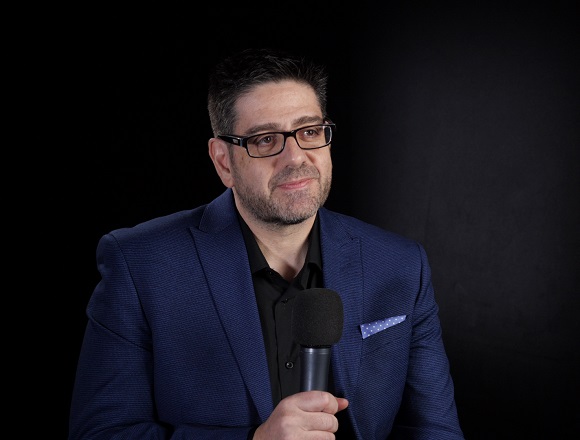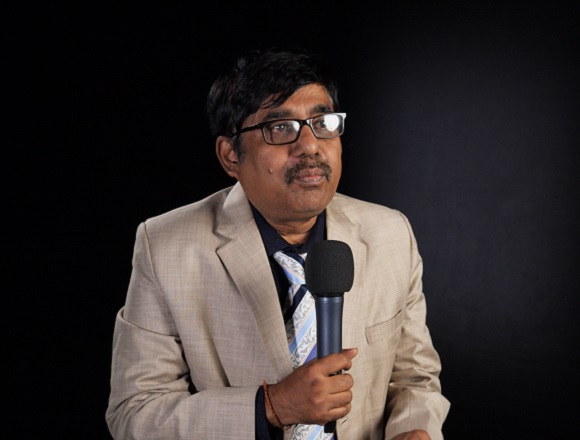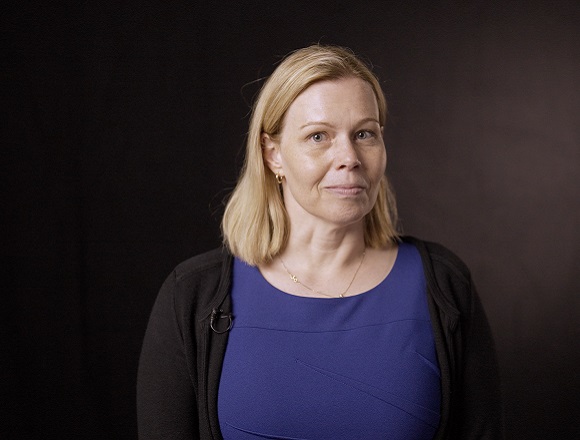Maja Artandi, MD, is a professor of medicine in the Division of Primary Care and Population Health at Stanford University, USA, and co-president of the Society of Bedside Medicine. She develops curricular materials for the outpatient teaching setting.
The average feedback/assessment tends to be “above average” in many places. How to deal with trainees’ disappointment or anger when being labelled as “average”?
Maja Artandi, MD: That is a real problem. Let me see if I can address the question in 2 parts. Number one is, why is everybody “above average”? And that’s really a problem. I think we are dealing with grade inflation. In the United States we grade people from 1 to 9, but it always seems like the numbers below 7 don’t exist. Everybody is between a 7 and a 9, and people are getting angry when they’re 7s nowadays.
The other thing is that grading is still super subjective. There are objective measurements, but many people don’t use them. And then they grade the learners on a subjective basis and then they are victims to biases, for example, leniency bias, meaning, I like my learner, I don’t want to hurt my learner’s feelings, so I’ll give them a “great” and that’s great.
Now, what happens though, is sometimes a learner does get an average score. And what do we do then when they get really angry? What happens often is that the learner gets blindsided because they don’t get real feedback. So, they are like, “you are great”—that’s what they hear—and then they expect to get “great”—meaning 8 and 9—on their feedback forms, and then they get a 7 or even a 6 and they get angry. Of course, because they get blindsided.
So, what I think we need to do is, we need to prepare the learner. We need to talk to them, we need to give them regular feedback, make them understand that our goal is to make them into good physicians. And if I give my learner an average score, I prepare them for that. Then, I hope, even though the learner might be disappointed, they don’t get angry but they use that as an opportunity to learn.
 English
English
 Español
Español
 українська
українська








